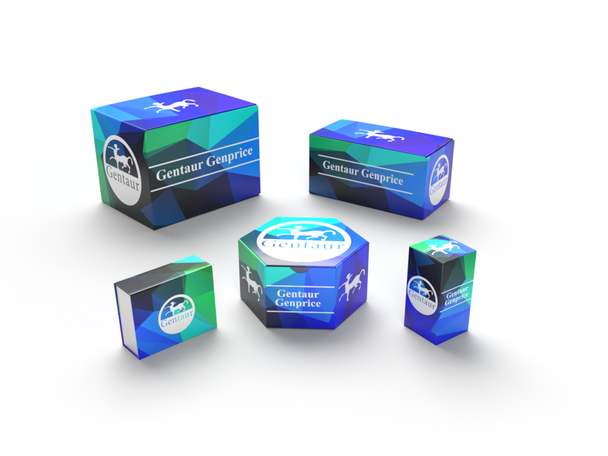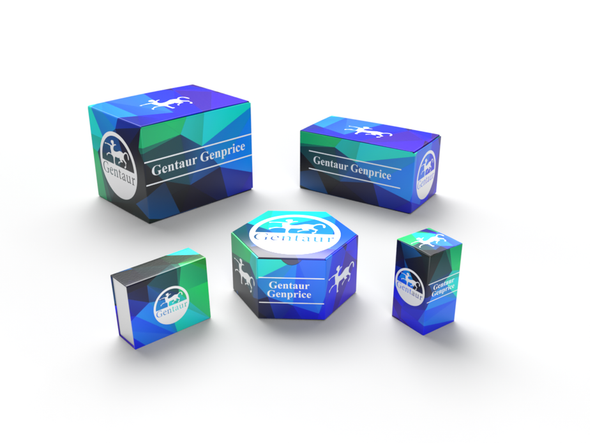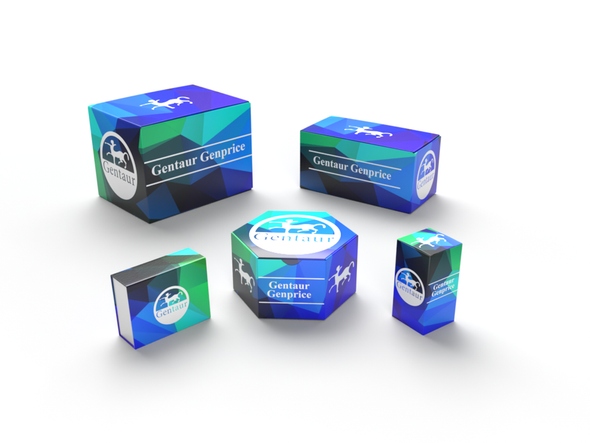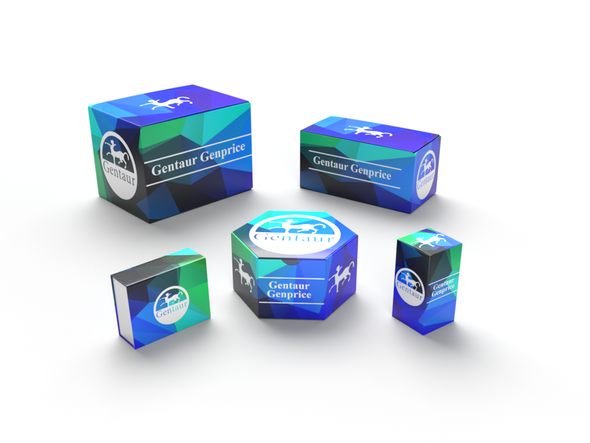Description
Rat Anti-Mouse EphA2 Antibody | 103-M162 | Gentaur UK, US & Europe Distribution
Species: Anti-Mouse
Host / biotech: Rat
Comment: N/A
Label: N/A
Clone / Antibody feature: (#8F21)
Subcategory: Monoclonal Antibody
Category: Antibody
Synonyms: Epha2; Eck; Myk2; Sek2; Sek-2; AW545284
Isotype: IgG1
Application: WB, IHC (P)
Detection Range: N/A
Species Reactivity/Cross reactivity: Mouse
Antigen: Recombinant mouse EphA2 extracellular domain
Description: EphA2, also known as Eck, Myk2, and Sek2, is a member of the Eph receptor family which binds members of the ephrin ligand family. There are two classes of receptors, designated A and B. Both the A and B class receptors have an extracellular region consisting of a globular domain, a cysteine-rich domain, and two fibronectin type III domains. This is followed by the transmembrane region and cytoplasmic region. The cytoplasmic region contains a juxtamembrane motif with two tyrosine residues, which are the major autophosphorylation sites, a kinase domain, and a conserved sterile alpha motif (SAM) in the carboxy tail, which contains one conserved tyrosine residue. Activation of kinase activity occurs after ligand recognition and binding. EphA2 has been shown to bind ephrin-A3, ephrin-A1, ephrin-A5, ephrin-A4, and ephrin-A2. The extracellular domains of mouse and human EphA2 share greater than 92% amino acid identity. Only membrane-bound or Fc-clustered ligands are capable of activating the receptor in vitro. While soluble monomeric ligands bind the receptor, they do not induce receptor autophosphorylation and activation. In vivo, the ligands and receptors display reciprocal expression. It has been found that nearly all receptors and ligands are expressed in developing and adult neural tissue. The Eph/ephrin families also appear to play a role in angiogenesis.
Purity Confirmation: N/A
Endotoxin: N/A
Formulation: lyophilized
Storage Handling Stability: Lyophilized samples are stable for 2 years from date of receipt when stored at -20°C. Reconstituted antibody can be aliquoted and stored frozen at < -20°C for at least six months without detectable loss of activity.
Reconstituation: Centrifuge vial prior to opening. Reconstitute the antibody with 500 µl sterile PBS and the final concentration is 200 µg/ml.
Molecular Weight: N/A
Lenght (aa): N/A
Protein Sequence: N/A
NCBI Gene ID: 13836






